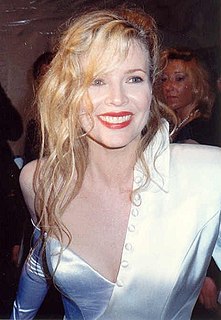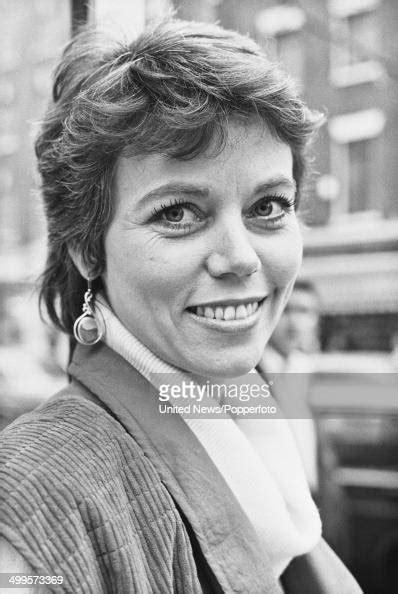A Quote by Tom Reiss
When I was a kid, my mum had a lot of Dumas books in the house, and she's from France originally. My mother had one particular Dumas book that was a family heirloom - this old, beat-up 1938 edition of 'The Count of Monte Cristo' in French. She came to America after losing her parents in World War II as a little kid.
Related Quotes
I think 'The Musketeers' is probably the Dumas novel people are most familiar with, or if not that, it's 'The Count Of Monte Cristo'. I've always been a big fan of Dumas because, on the one hand, he writes a lot about revenge, but he also writes about the cost of it to the revenger - I'd always had an interest in that.
I was a promiscuous reader. I loved Nancy Drew books and Tom Swift - never the Hardy Boys - but I also read Dumas, Dickens, Poe, Conan Doyle, and Cornelius Ryan's war books. As to favorite character: I'm torn between Nancy, on whom I had an unseemly crush, and Edmond Dantes, the Count of Monte Cristo.
It was nearly midnight on the night of February 26, 1806, and Alexandre Dumas, the future author of 'The Count of Monte Cristo' and 'The Three Musketeers,' was asleep at his uncle's house. He was not yet four years old. He was staying there because his father was gravely ill, and his mother thought it best for him not to be at home.
It's true - my mother kicked me out the house at 14. I had to go live with my sister. I had some problems. I was very rebellious as a kid. I don't even know why or where it came from, but I had a lot of anger. Me and my mom clashed a lot because she didn't tolerate that, as she shouldn't from a 14-year-old.
The idea of the book ["The Japanese Lover"] came in a conversation that I had with a friend walking in the streets of New York. We were talking about our mothers, and I was telling her how old my mother was, and she was telling me about her mother. Her mother was Jewish, and she said that she was in a retirement home and that she had had a friend for 40 years that was a Japanese gardener. This person had been very important in my friend's upbringing.
You had every right to be. He raised his eyes to look at her and she was suddenly and strangely reminded of being four years old at the beach, crying when the wind came up and blew away the castle she had made. Her mother had told her she could make another one if she liked, but it hadn't stopped her crying because what she had thought was permanent was not permanent after all, but only made out of sand that vanished at the touch of wind and water.
My mother had been an incredibly bright kid but her family couldn't afford for her to stay in education. So she lived through me. She was a very remarkable woman and I owe a huge debt to her. She was unashamed about delighting in the fact that I was intelligent, and she drove and pushed me. She was also completely indifferent to popularity.
My mother turned 40 in 1973. So in 1970 - when 'The Female Eunuch' came out and Ms. magazine was founded - my mom was 37 with two children, and she was just that little bit too old, and the circumstances of her life were set up in a certain way that for her to fulfill her ambitions and dreams, she would have had to break with the family.
She had always been a reader… but now she was obsessed. Since her discovery of the book hoard downstairs from her job, she’d been caught up in one such collection of people and their doings after the next…The pleasure of this sort of life – bookish, she supposed it might be called, a reading life – had made her isolation into a rich and even subversive thing. She inhabited one consoling or horrifying persona after another…That she was childless and husbandless and poor meant less once she picked up a book. Her mistakes disappeared into it. She lived with an invented force.
The difficulty will be to keep her from learning too fast and too much. She is always sitting with her little nose burrowing into books. She doesn't read them, Miss Minchin; she gobbles them up as if she were a little wolf instead of a little girl. She is always starving for new books to gobble, and she wants grown-up books--great, big, fat ones--French and German as well as English--history and biography and poets, and all sorts of things. Drag her away from her books when she reads too much.
My house is full of paintings by my mother Pam. She was a fantastic, prolific artist but had no confidence in herself, thanks to my father running her down. They married during the war when she was 19 - she had planned to go to art school. But my father didn't want her to work, so she became a housewife.
My mother lived her life through movies and books - she read everything there was to read. And she read to me every night. I never went to sleep without her reading to me. And she fantasized about the book and she would talk about it, the place, and you would think that after she read the book and after she told you stories about it, that she had actually been there. I learned about story from her, and I learned the value of a great story, and the value of great characters.
































